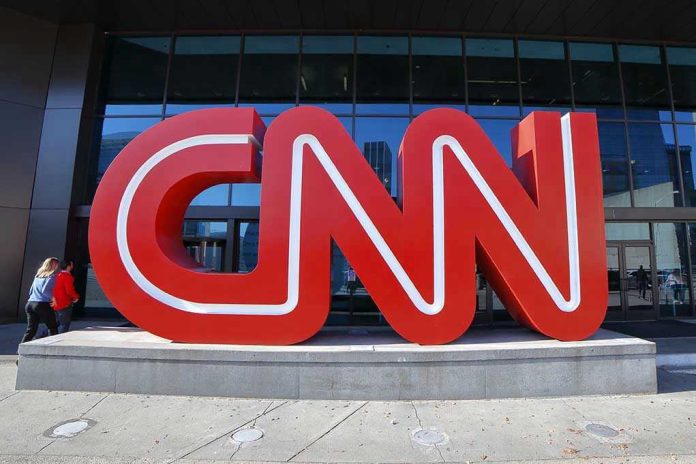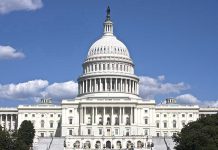
A CNN analyst acknowledges D.C.’s crime issues, while Trump’s legal tactics spotlight the city’s dangers, aligning with traditional defense strategies.
Story Highlights
- CNN’s Elie Honig admits D.C. remains dangerous despite improved crime stats.
- Trump’s legal team uses D.C. crime rates in defense strategies.
- Honig’s statement aligns with common legal tactics, not unique to Trump.
- Public perception of D.C.’s safety issues persists, influencing national discourse.
Honig Acknowledges D.C.’s Persistent Crime Issues
Elie Honig, a senior legal analyst for CNN, recently made waves by acknowledging the persistent danger present in Washington, D.C., despite some improvements in crime statistics. His remarks have highlighted the ongoing safety issues in the nation’s capital, which have been a focal point in national political and legal debates. Honig’s comments were made in the context of discussing former President Donald Trump’s legal strategies, which have brought renewed attention to the city’s crime rates.
Honig’s admission underscores a broader narrative that while crime rates in D.C. have shown some improvement, violent crime remains a significant concern. This sentiment is mirrored by many D.C. residents who continue to feel the impact of the city’s safety challenges. The complexities of managing crime in a major urban area like D.C. are further complicated by the city’s role as a hub for high-profile legal cases, which often bring national scrutiny to local conditions.
Trump’s Legal Tactics in Focus
Former President Donald Trump, facing ongoing legal proceedings in Washington, D.C., has utilized the city’s crime rate as part of his defense strategy. This approach involves highlighting local crime statistics to argue for venue changes or to sway public opinion, a common tactic in legal defenses. Trump’s legal team continues to reference the city’s crime environment to make a case for fair trials, something legal experts recognize as a standard, if not universally praised, maneuver.
This strategy is not unique to Trump, as defense attorneys in high-profile cases have historically sought to change trial venues by citing local crime or perceived bias. The tactic aims to ensure impartiality and fairness in judicial proceedings, which are core concerns for both defendants and the broader legal community.
Impact and Public Perception
The intersection of crime, politics, and high-profile legal cases in D.C. continues to shape national discourse. While crime statistics show some improvement, public perception often lags, with many viewing the city as dangerous. This perception affects not only the residents but also has broader implications for business investment, tourism, and the city’s overall reputation.
CNN’s Honig: ‘Cannot Deny’ D.C. ‘Is Dangerous’, What Trump’s Doing Is Common Tactic That’s Usually Universally Praised // TDS is a funny disease – doing good is bad – if Trump does it!
— l b fowler jr md (@lbfjrmd) August 14, 2025
As D.C. implements new crime reduction strategies, the effectiveness of these measures remains under scrutiny. High-profile legal cases, like those involving Trump, keep the spotlight on the city’s crime rates, influencing both media narratives and public opinion. The ongoing debate about urban crime and judicial fairness in D.C. reflects broader national concerns about safety, justice, and political strategy.
Sources:
Yale Law School Event with Elie Honig












